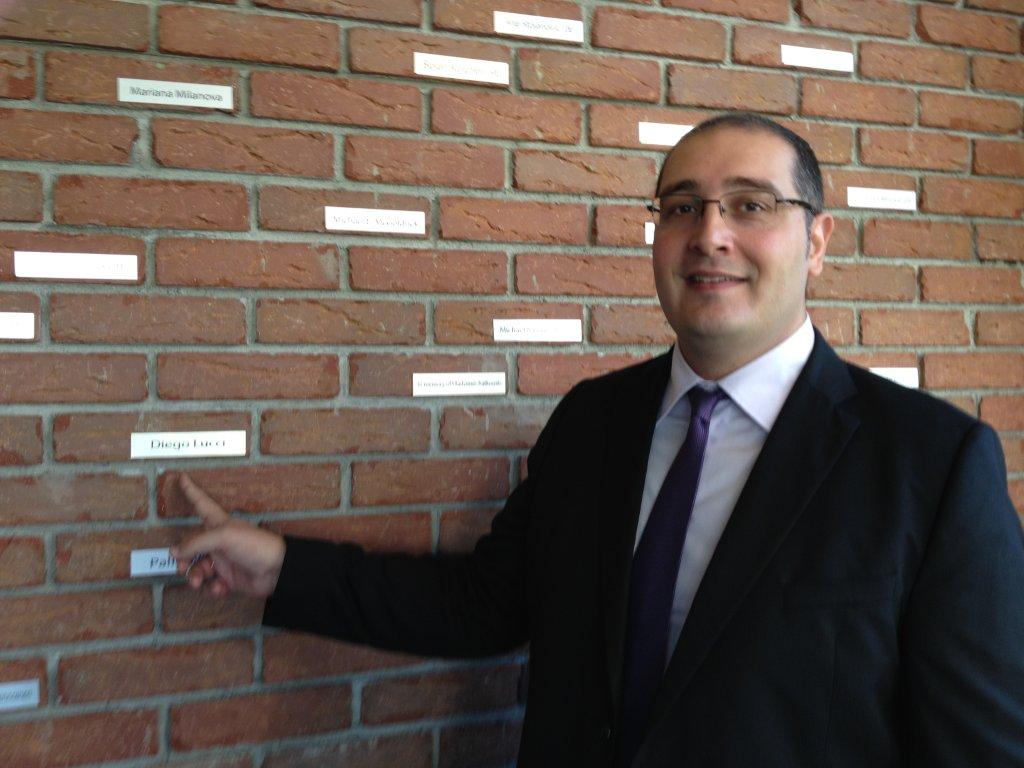
Diego Lucci
Diego Lucci is a professor of philosophy and history at the American University in Bulgaria. He is also a fellow of the Royal Historical Society. He holds a Ph.D. from the University of Naples “Federico II” and, during his career, he has taught at Boston University and the University of Missouri St. Louis.
He has held research fellowships and visiting professorships at several institutions, such as the Maimonides Centre for Advanced Studies at the University of Hamburg, the Institute of Historical Research at the University of London, Gladstone’s Library, and the Catholic University of Milan. He has also been invited to lecture at many prestigious universities, including, among others, Cambridge, Oxford, St. Andrews, Pantheon-Sorbonne, Boston College, the College of William and Mary, and the University of Queensland.
His research concentrates on early modern philosophy and the intellectual history of the Enlightenment, with a focus on empiricism, deism, Newtonianism, Locke’s thought, skepticism, anti-Trinitarian theologies, Christian Hebraism, Jewish-Gentile relations, and the liberal political tradition. He is the author of over forty journal articles and book chapters and of two books – Scripture and Deism: The Biblical Criticism of the Eighteenth-Century British Deists (Lang, 2008) and The Jews, Instructions for Use: Four Eighteenth-Century Projects for the Emancipation of European Jews (co-authored with Paolo Bernardini, Academic Studies Press, 2012). He is also the co-editor of four volumes, including Atheism and Deism Revalued: Heterodox Religious Identities in Britain, 1650-1800 (Ashgate, 2014) and Casanova, Enlightenment Philosopher (Voltaire Foundation, 2016).
